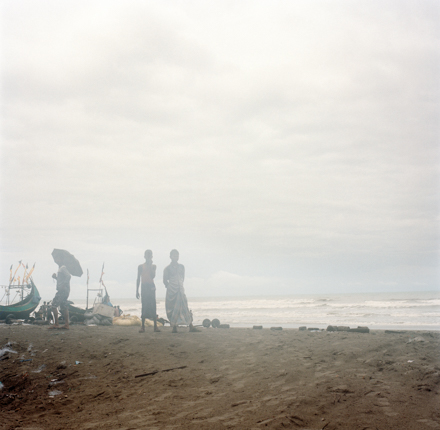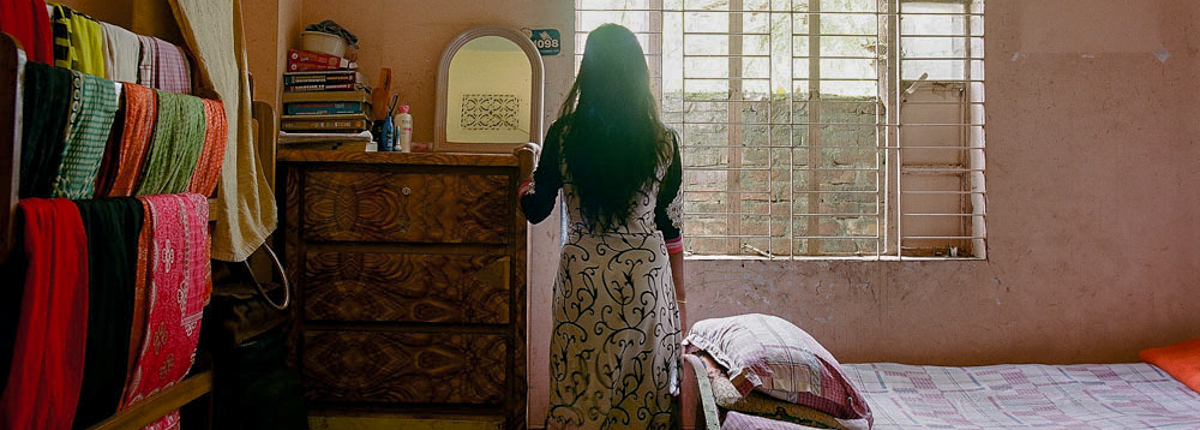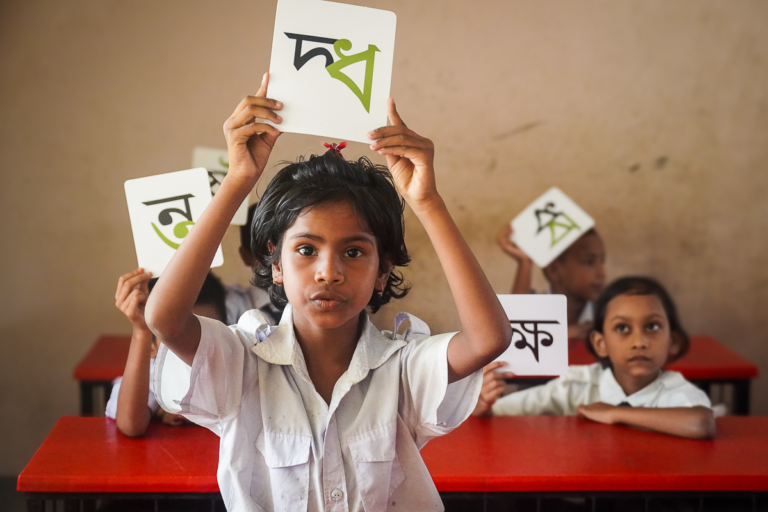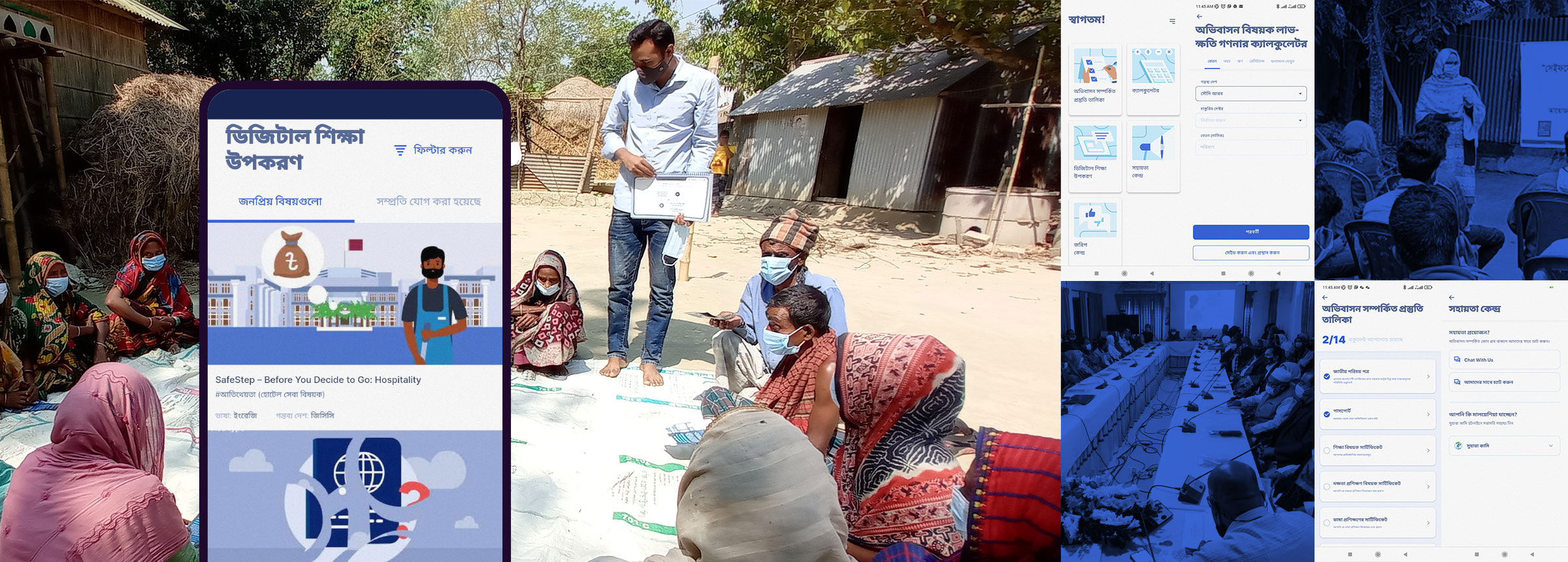
Winrock awarded $7.9M by USDOS under the Program to End Modern Slavery to fight human trafficking linked to climate change
Winrock International has been selected by the U.S. Department of State to implement a $7.9 million project awarded by the Office to Monitor and Combat Trafficking in Persons under the USDOS Program to End Modern Slavery. The project will focus on Bangladesh’s farming and fishing industries.
Winrock Senior Director of Human Rights, Education and Empowerment Nina Etyemezian said the Bangladesh PEMS project will contribute to the global community of practice given the limited evidence base on the relationship and linkages between climate change risk factors such as migration and displacement and human trafficking.
“Winrock will collaborate with the government of Bangladesh, the University of Pennsylvania’s Penn Development Research Initiative, and in-country partners to build community partnerships across local, regional, and national levels,” Etyemezian said. “Winrock partner PDRI brings expertise in analyzing forced displacement, climate change, and migration and will conduct prevalence research that includes randomized controlled trials and impact evaluations, gathering qualitative and quantitative evidence on the relationship between climate change and human trafficking.”
In coordination with in-country partners, PDRI will develop, share and learn from the prevalence evidence, and codesign solutions that build community resilience and prevent vulnerability to trafficking. Winrock will integrate anti-trafficking policies into the Bangladesh government’s existing policies, plans, and responses to address human trafficking vulnerability due to climate change while building the resilience and capacities of vulnerable communities to adapt.
“Climate change is a trafficking risk magnifier,” Etyemezian said. “People in Bangladesh and elsewhere around the world are moving from rural to urban areas as a direct result of climate change. It’s increasing vulnerability to poverty as economic alternatives shrink, forcing people to consider dubious work opportunities with uncertain terms in unfamiliar locations. But migration can be a successful adaptation strategy when people are connected to good services, receive reliable information about job training and employment, and can access resources and support networks.”
Bangladesh PEMS will focus on communities that are impacted by climate change and susceptible to trafficking. Winrock brings experience, knowledge, and networks developed through implementation of ongoing projects that support human rights and improved learning outcomes in Bangladesh. Those include the USAID Fight Slavery and Trafficking-in-Persons activity; the USAID Esho Shikhi project; the Swiss Agency for Development and Cooperation-funded Ashshash project for Men and Women Who Escaped Trafficking; and SafeStep, funded by the United Kingdom Foreign, Commonwealth & Development Office and the Global Fund to End Modern Slavery.
The USDOS Office to Monitor and Combat Trafficking in Persons website says PEMS “is pioneering approaches to combat human trafficking by combining cutting-edge research with targeted programming to rigorously test prevalence research methods and the effectiveness of human trafficking interventions.” The program began in 2017 and has provided $150 million in funding to date; current PEMS programs are underway in 24 different countries.
Related Projects

Fight Slavery and Trafficking-in-Persons (FSTIP) Activity
Human trafficking is a major problem in Bangladesh, which is a source, transit, and destination country for men, women and children trafficked into forced labor, commercial sexual exploitation, child marriage and other abusive situations. The COVID-19 pandemic exacerbated vulnerabilities to trafficking, exploitation, and child marriage, as widespread loss of livelihood opportunities and employment, restrictions on […]
USAID’s Esho Shikhi Activity
USAID’s Esho Shikhi Activity will increase learning opportunities, enhance teaching quality and teaching learning materials to improve quality education in selected subjects, strengthen the capacity of field-level mentors to deliver quality education, and improve school communities’ ability to mitigate and manage the effects of shocks and stressors on education access and quality. Esho Shikhi will…
